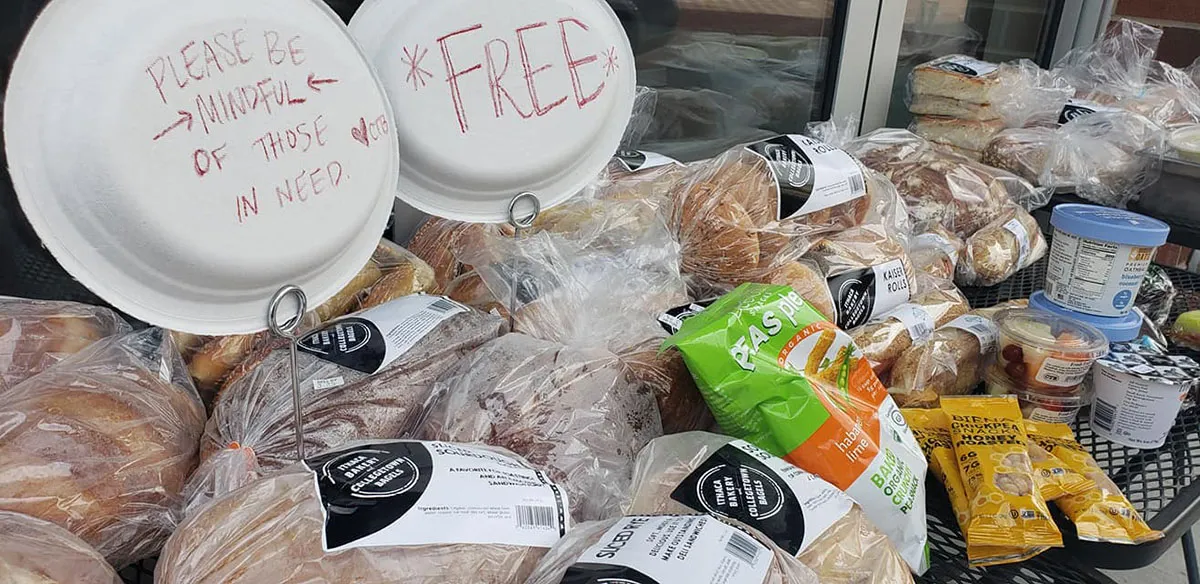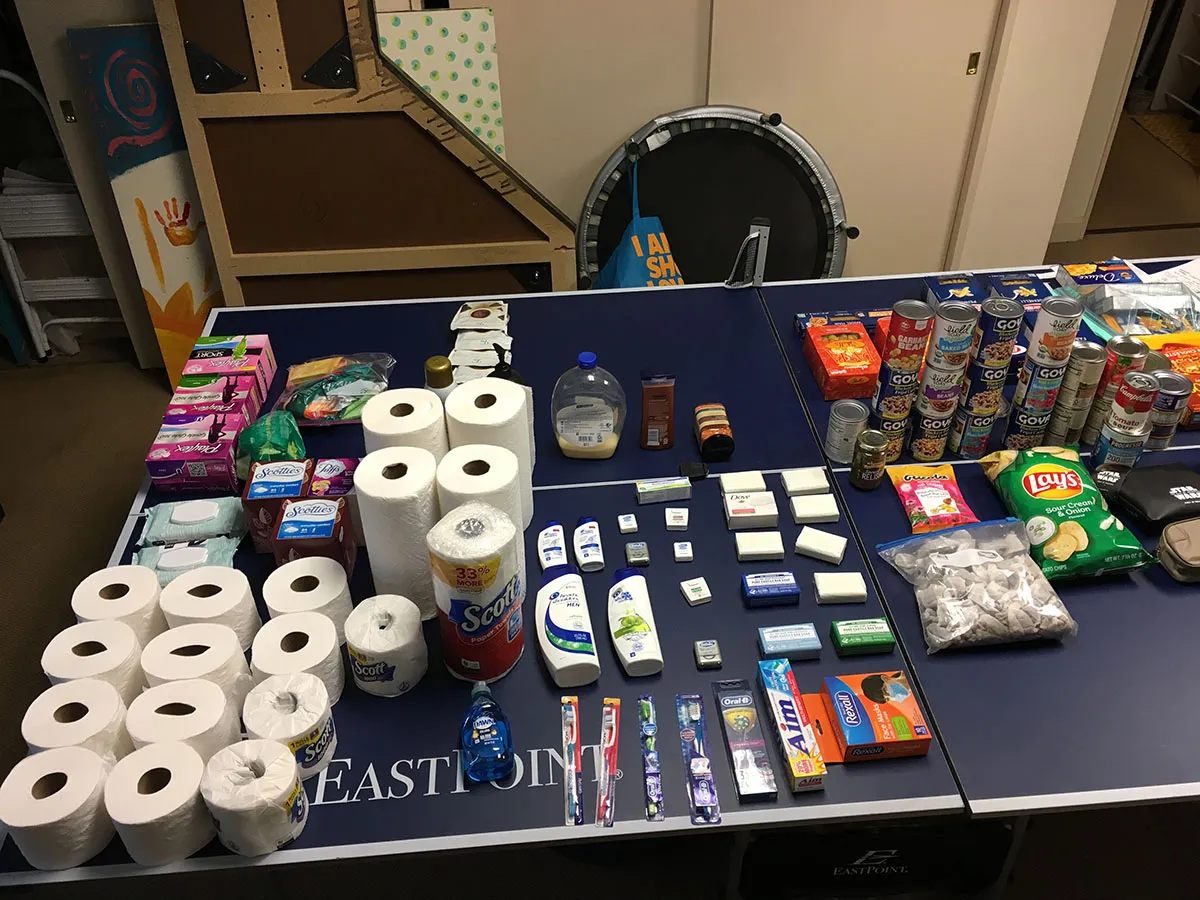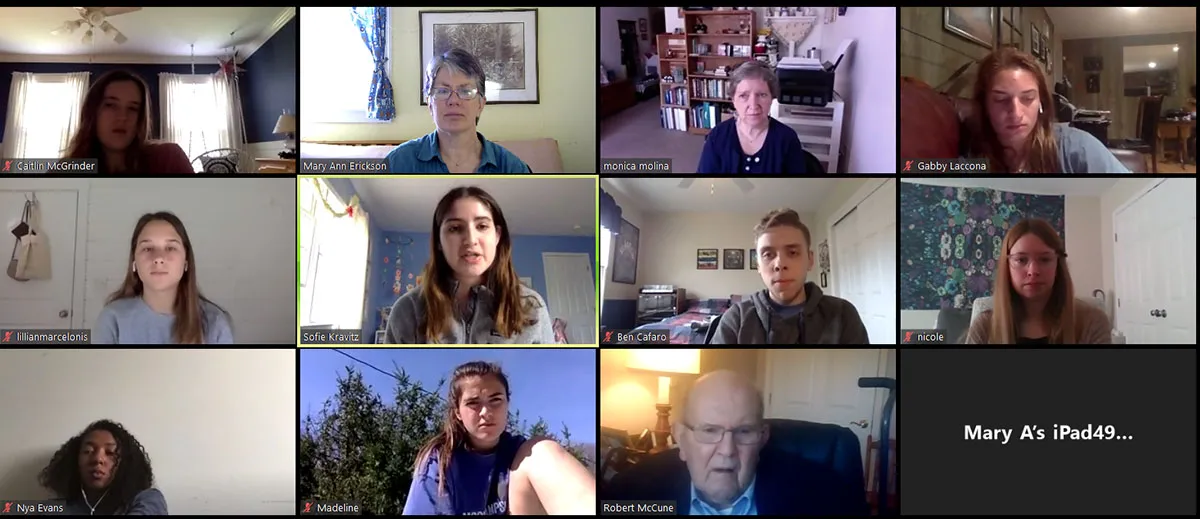When Ithaca College launched its new strategic plan “Ithaca Forever” this past fall, one of the central tenets was that the institution continue to be a private college that serves a public good, through both its own initiatives as well as community partnerships.
Throughout the ongoing coronavirus pandemic, the college community has demonstrated its commitment to that goal. Over the past few weeks, current students, alumni, faculty, and staff have all gone above and beyond to help the local community battle the coronavirus crisis.



